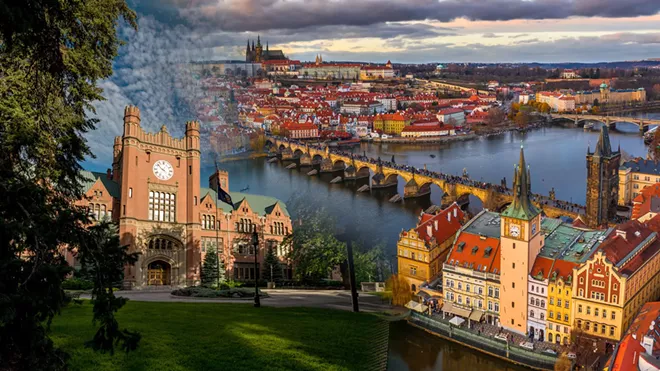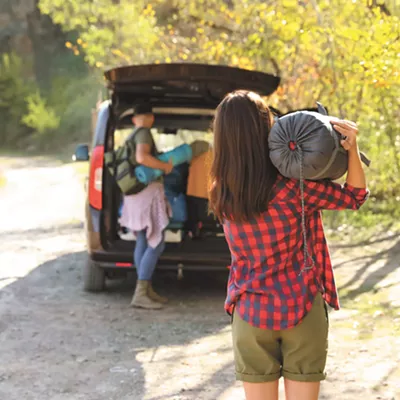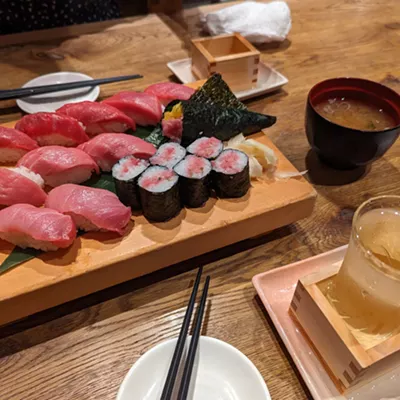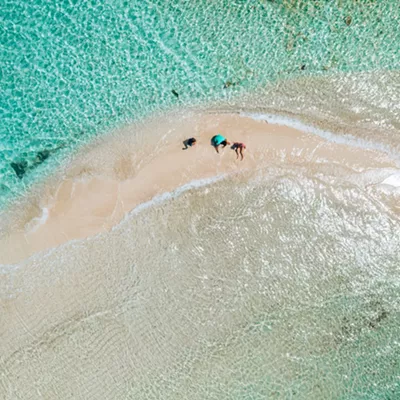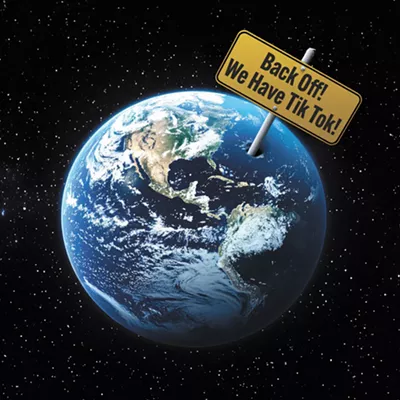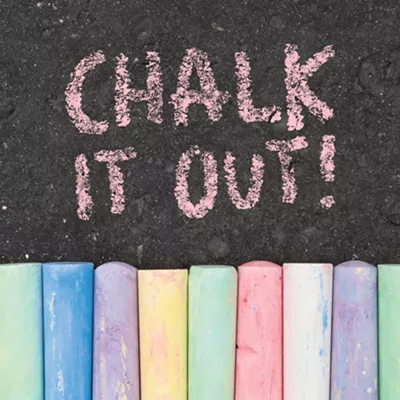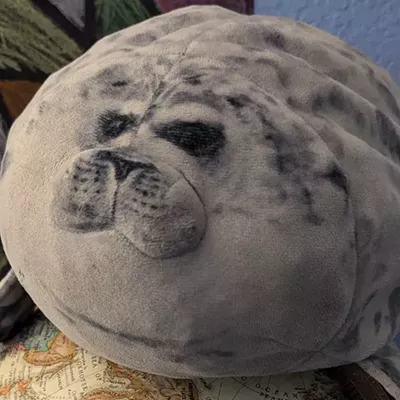The forest is lush and green in late spring. Fresh growth tips the spruces; the maples are thick with leaves. From my perch on a mountainside trail, I can see rows of chestnut trees blossoming in white and pink along the streets of the town below. In the distance, rows of canola glow against fields crowded with silvery-green wheat.
I am 5,000 miles away from home, looking out at a landscape that could be the Inland Northwest. It's so beautiful, I think.
From the moment I entered this country, I've been surprised by the ways it's so similar to home. And yet, I've learned, it's so different.
I'm spending three weeks this May and June in the Czech Republic, advising a group of college students as they study abroad. It's an incredible privilege, and the second time I've had the opportunity to spend part of my summer in another country through my university affiliation.
In 2019, my family and I spent seven weeks at a study-abroad program in Viterbo, Italy. My sons were 7 and 10 years old. We told them often how special and rare the experience was. Their first trip beyond the western United States was also my husband's. I'd been over the Rockies a handful of times since I was a teenager, but never across the Atlantic. You should be so, so grateful to see a new part of the world so early in life, we told the boys. To see how different things can be.
They made a friend in Viterbo, the preteen son of my photography teacher, who was happy to practice his English by discussing Legos and video games. From my teacher's kitchen one evening, I heard the boys talking in the other room.
"They aren't even allowed to sell Kinder eggs in the United States," my teacher's son said. My sons agreed, lamenting. They'd seen Kinder Joy candies on the shelves at home, little plastic eggs with chocolate in one side and a toy in the other. In Italy, they'd noticed, the eggs were different — hollow chocolate with the toy right inside.
"It's weird," the other boy continued. "You can't have Kinder eggs, but you have so many guns."
On our second day in the Czech Republic, a local coordinator led my students through a health and safety briefing. He advised the students to pay attention to their surroundings, especially at night. The main thing to worry about was pickpockets in the touristy areas, he said, adding, "There is almost no murder here."
I Googled it that night, out of curiosity. According to the United Nations Annual Crime Trends Survey, the intentional homicide rate in the Czech Republic was 0.45 per 100,000 people in 2021. The United States' was 6.81.
I went down a rabbit hole of statistics after that. The gun-related homicide rate, in particular, was 0.05 in the Czech Republic in 2020, 4.05 at home. Eighty-one times higher. The Czech suicide rate has dropped in recent decades, hitting 9.5 per 100,000 in 2019. The U.S. rate has risen over the same period, reaching 14.5. In 2019, the U.S. accounted for 44% of the entire world's suicides by firearm.
If you gathered up a hundred random Czechs, they would own an estimated average of 12.5 guns among them. If you gathered a hundred Americans, you'd have a pile of 120 guns. More guns than people.
I think a lot about Maggie Smith's poem "Good Bones." I thought about it on that mountain in the Czech Republic. It's one of those pieces of writing that's had me by the throat since I first read it. I'll wait a minute while you go read it.
Once, when I was running short on ideas for things to write about, I asked my Facebook friends for inspiration. A family member, with the very best of intentions, suggested I write about the beauty of my home landscape. I've been trying to figure out what to do with that ever since. I knew I wouldn't write what she hoped for.
It's so beautiful in the United States. I love my town, where I live less than a mile from the hospital where I was born. I love my state, where I can visit the graves of my great-great-great grandparents overlooking the river where I spent my formative years. As a child I was taught to believe I lived in the greatest nation on earth. My children have seen other possibilities.
I know statistics are only part of the story, that no place is without its shortcomings, its miseries, its horrors. Some of my time in the Czech Republic has been spent learning about such histories. But I can't pretend the horrors I see in my own country are misunderstandings or errors of data, when at least part of the answer seems so painfully plain.
"This place could be beautiful," Maggie Smith writes at the end of "Good Bones," forcing the reader to pause with a line break before, "right?"
On a mountain 5,000 miles away from home, I look out on a country that reminds me of home, and I think about how much more beautiful home could be. ♦
Tara Roberts is a writer and educator who lives in Moscow with her husband, sons and poodle. Her novel Wild and Distant Seas is forthcoming from Norton in 2024. Follow her on Twitter @tarabethidaho.

